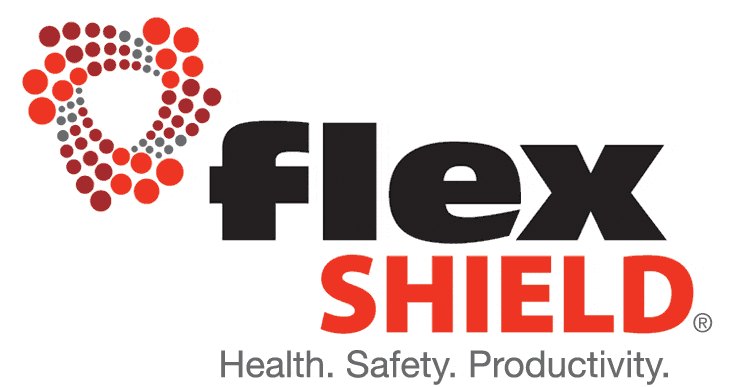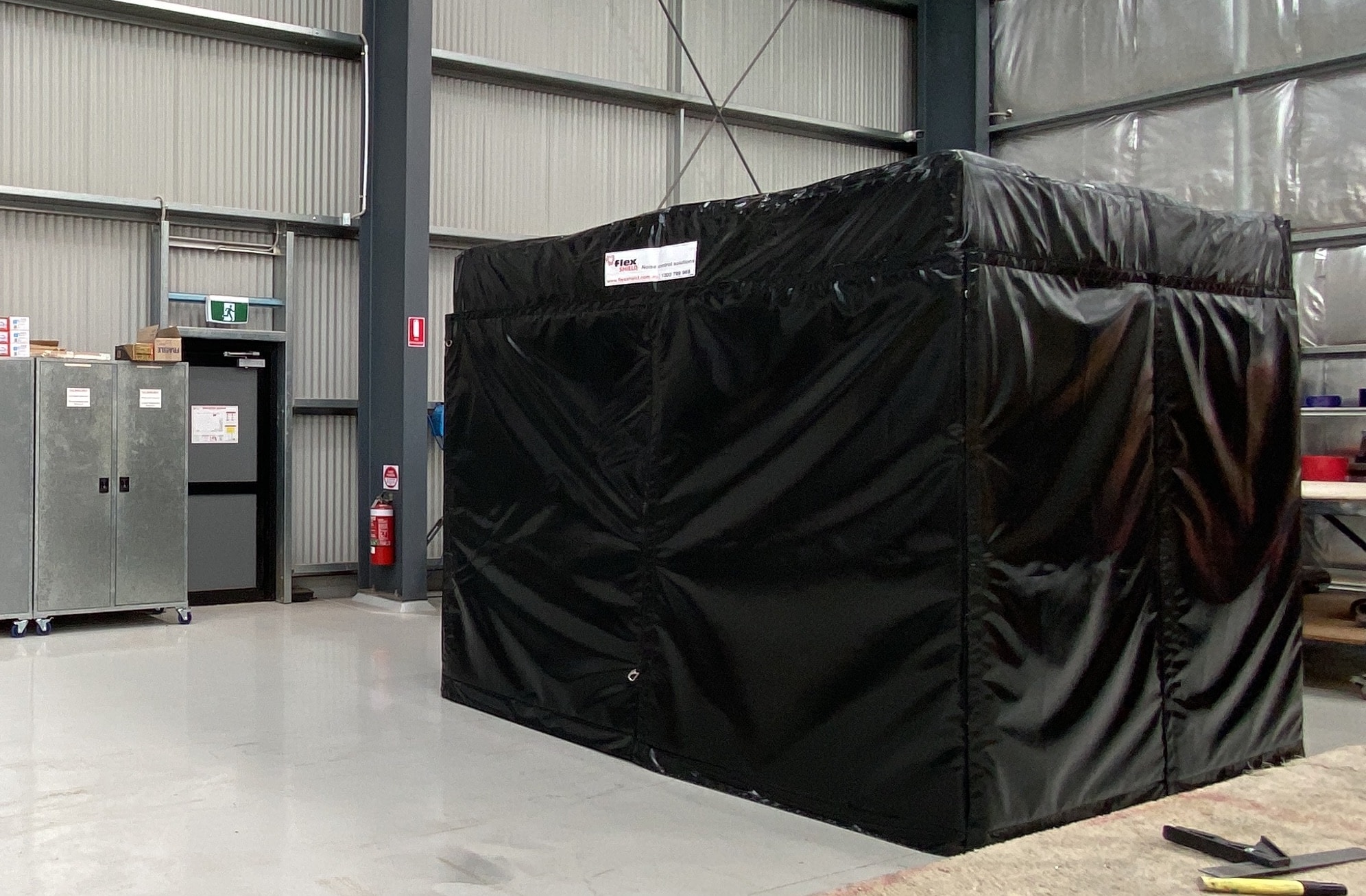Call 1300 799 969 | Contact Us


Home » Understanding silicosis: its causes, symptoms, and preventive measures
Silicosis is a debilitating and irreversible lung disease caused by inhaling silica dust. When these silica dust particles accumulate in the lungs, inflammation, scarring, and eventually irreversible lung damage result.
Silica is a common mineral found in rocks, soil, sand, and other materials. Workers in industries that involve cutting, grinding, or drilling rocks, concrete, or masonry that contain silica dust are at high risk of developing silicosis.
In this educational blog, we’ll explore the causes, symptoms, and prevention measures for silicosis.
Silicosis is caused by breathing in silica dust. When workers inhale silica dust, it enters their lungs causing inflammation and scarring, which over time leads to irreversible lung damage. Workers in industries such as mining, construction, and manufacturing are at high risk of developing silicosis if they do not take proper safety precautions.
Common symptoms of silicosis include shortness of breath, coughing, fatigue, chest pain, difficulty breathing, loss of appetite, weight loss, and respiratory failure. These symptoms can take years or even decades to develop, depending on the person’s level of exposure.
Silicosis symptoms can worsen over time, and the disease can lead to other health problems such as tuberculosis, lung cancer, and chronic obstructive pulmonary disease (COPD).
Diagnosing silicosis involves a physical exam, medical history review, and imaging tests such as chest X-rays and CT scans. A lung function test may also be needed to determine the extent of lung damage.
If you work in an industry that involves cutting, grinding, or drilling materials that contain silica dust, talk to your doctor about getting screened for silicosis.
There is no cure for silicosis, but treatment can help manage symptoms and slow the progression of the disease. Treatment options include oxygen therapy to improve breathing, medications to reduce inflammation, pulmonary rehabilitation to improve lung function, and surgery in severe cases.
It’s important to seek treatment as early as possible to improve outcomes and quality of life.
The best way to prevent silicosis is to reduce workers’ exposure to silica dust. This can be achieved by:
Silicosis is a serious and potentially fatal lung disease that can be prevented by taking proper safety precautions. At Flexshield, we recommend working with an expert in the field to determine the most appropriate control measures for your specific workplace. However, our acoustic enclosures may be beneficial in some cases.
Acoustic enclosures are typically designed to contain noise, but they may also help to contain dust and prevent it from escaping into the surrounding environment. By containing the dust generated during work processes, acoustic enclosures can reduce the amount of silica dust in the air and lower the risk of exposure for workers.
It’s important to note that acoustic enclosures alone are not a sufficient control measure for preventing silica dust exposure. Employers must also implement other control measures, such as ventilation systems, wet cutting methods, and enclosed work areas to reduce the amount of silica dust in the air.
Additionally, personal protective equipment such as respirators, gloves, and eye protection should be used in conjunction with acoustic enclosures to provide further protection against silica dust exposure.
If you would like more information about any of our products, call 1300 799 969 or contact us online.